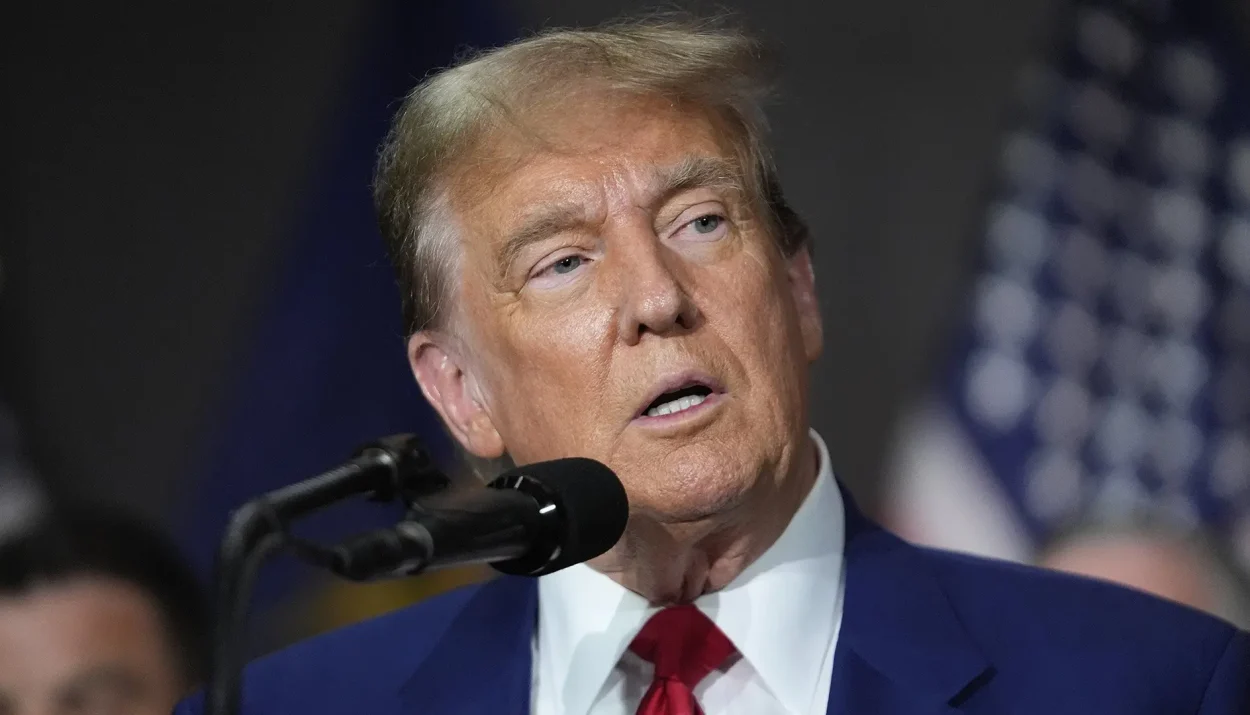Donald Trump’s return to the White House not only marks a political comeback but also offers a significant legal shield, delaying or potentially dismissing ongoing criminal cases against him. The 78-year-old Republican’s victory effectively pauses state-level prosecutions and empowers him to influence federal cases, providing relief from soaring legal expenses and looming court battles.
During his campaign against Vice President Kamala Harris, Trump vowed to dismiss Special Counsel Jack Smith, who was appointed by then-Attorney General Merrick Garland to lead two federal cases against him. Though a U.S. president cannot directly fire a special counsel, Trump could replace the attorney general, thereby influencing the Justice Department’s actions. Trump faces charges related to alleged efforts to overturn the 2020 election results and mishandling classified documents after his previous term. A recent Supreme Court ruling granting former presidents broad immunity from criminal prosecution has already complicated these cases.
In Washington, Trump stands accused of conspiracy to defraud the United States and obstructing an official proceeding. The charges relate to alleged attempts to disrupt Congress’s certification of Biden’s victory on January 6, 2021, during the Capitol riots. The Supreme Court’s immunity ruling and Trump’s executive power now cast significant doubt over these cases.
At the state level, Trump’s legal battles include a New York case and racketeering charges in Georgia. Convicted in New York in May on 34 counts of falsifying business records linked to hush money payments, Trump faced potential prison time but could now avoid sentencing due to his re-election. His legal team has filed a dismissal motion, citing presidential immunity, with Judge Juan Merchan set to rule on November 12.
Meanwhile, the Georgia case, in which Trump faces racketeering charges over alleged attempts to subvert the state’s 2020 election results, is expected to stall under federal policy prohibiting the prosecution of a sitting president. Controversies surrounding the case, including allegations of an inappropriate relationship involving Fulton County District Attorney Fani Willis, further complicate the proceedings.
Legal experts note that Trump’s White House tenure could effectively freeze his trials for the duration of his presidency, providing him with a reprieve from prosecution. Observers expect that the legal implications of his presidency will fuel intense debate, highlighting the complex interplay between presidential power and accountability.







2 Comments